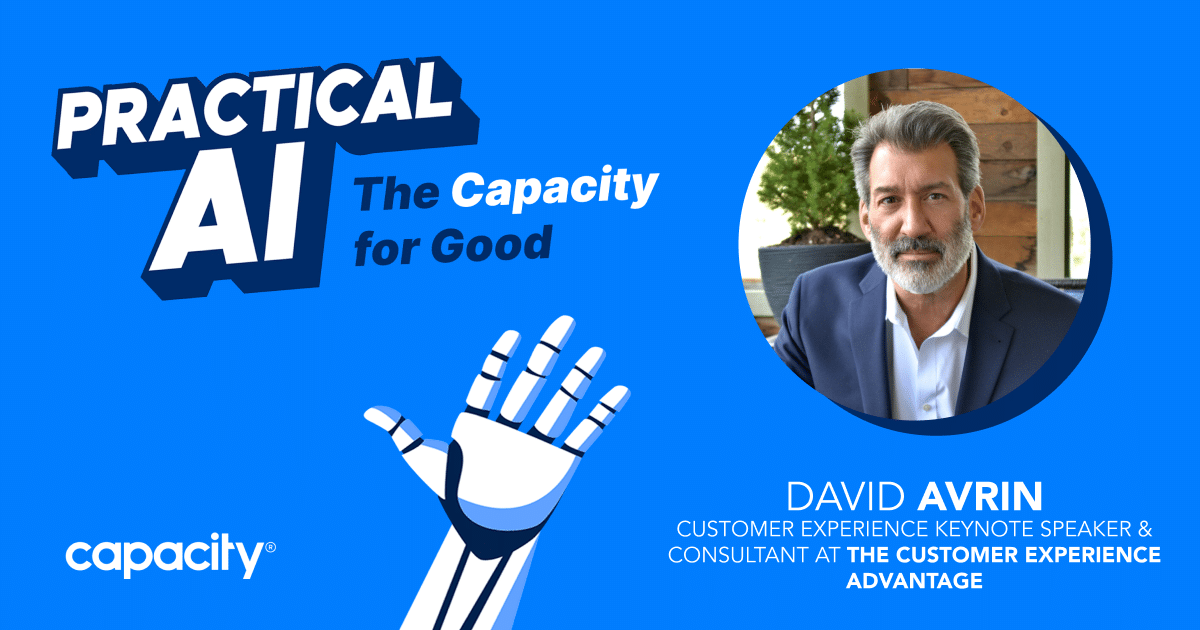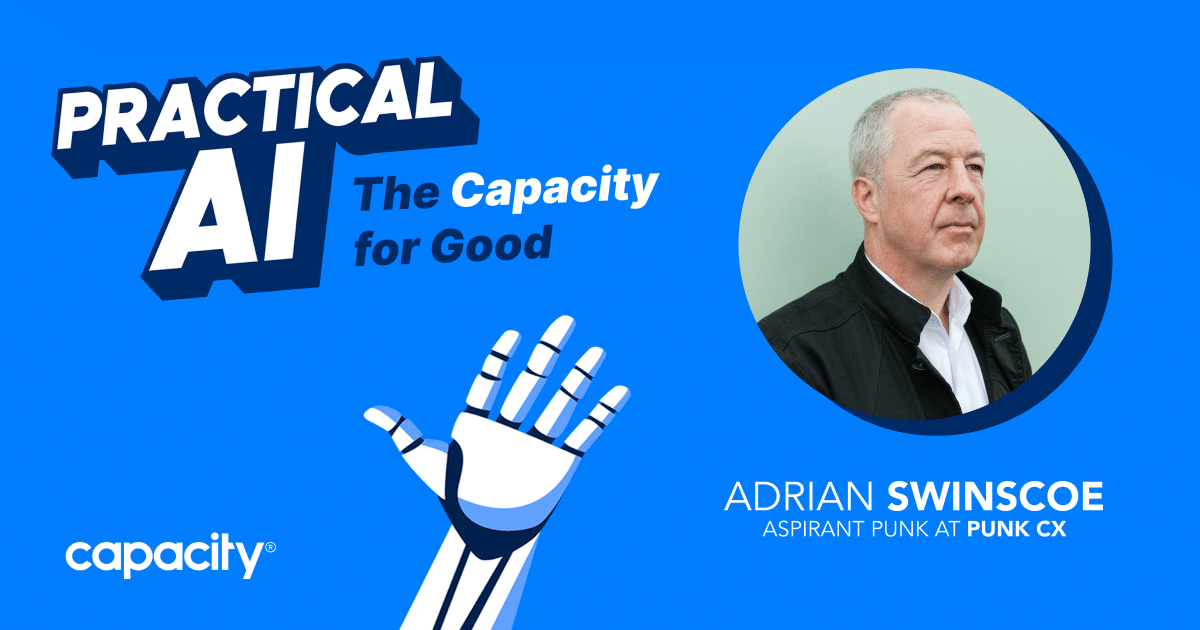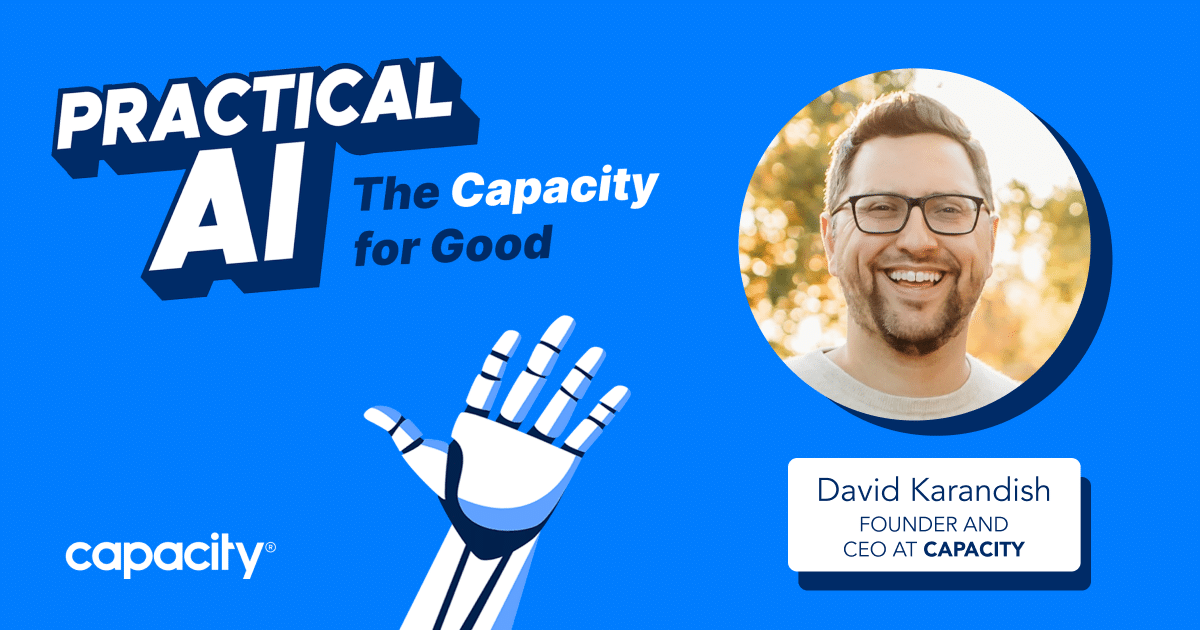In the dynamic world of healthcare, every second counts and quality of care is paramount. Therefore, embracing cutting-edge technologies becomes imperative. Enter healthcare robotic process automation (RPA), a game-changer that promises to revolutionize the industry. Imagine a healthcare landscape where repetitive tasks are seamlessly automated. Your administrative burdens are lifted. And, your healthcare professionals can focus on what truly matters – delivering exceptional care to their patients.
With the global robotic process automation market size expected to grow from USD 10.01 billion in 2022 to USD 43.52 billion by 2029, it’s clear there’s growth in the robotic process automation market. So, in this article, we’ll explore the endless possibilities of RPA. Let’s discover how robotic process automation can reshape how healthcare professionals provide care and ensure a brighter and more efficient future for all.
What is Robotic Process Automation in Healthcare?
Before diving into the nitty-gritty of robotic process automation healthcare, let’s break it down into simpler terms.

RPA is a technology that uses artificial intelligence (AI) tools to perform repetitive, rule-based tasks that humans previously did. These software robots mimic human actions, allowing them to handle various tasks within the healthcare sector.
Now that we’ve covered the basics, let’s explore how robotic process automation fits into the healthcare landscape. The remarkable aspect of this technology lies in its versatility. RPA can be employed across a wide range of tasks. These tasks include simple activities like data entry and appointment scheduling. But RPA also helps more intricate processes such as patient record management and insurance claim processing.
By automating these tasks, robotic process automation enhances workflow efficiency. It also liberates valuable time for healthcare professionals to dedicate themselves to their core competency – delivering exceptional patient care. Oh, and the cherry on top? In addition, robotic process automation implementation can lead to cost savings, improved accuracy, and enhanced compliance with industry regulations. It’s a win-win situation for healthcare organizations, their staff, and, most importantly, their patients.
7 Advantages of Robotic Process Automation in Healthcare
Now that we’ve unraveled the mystery of robotic process automation in healthcare, it’s time to discuss the benefits of adopting this transformative technology.

Let’s learn all about the compelling reasons why healthcare organizations are jumping on the RPA bandwagon:
Turbocharged Efficiency
Firstly, robotic process automation works tirelessly behind the scenes, automating mundane tasks. In turn, this leaves healthcare providers more time to concentrate on their patients. The result? Enhanced productivity that allows organizations to deliver top-notch care without breaking a sweat.
Increased Cost-Savings
When healthcare professionals automate tasks, they have more time to build relationships and work on other strategic tasks. Some examples of tedious tasks that can be automated include:
- Generating reports, letters, and forms
- Verifying patient information
- Managing insurance claims
- Appointment scheduling
- Answering patient and employee FAQs
Unwavering Accuracy
With the automated precision of robotic process automation in healthcare, human errors are a thing of the past. Healthcare organizations can now experience a sense of reassurance as they know that tasks are being executed consistently and accurately. This aspect holds tremendous importance in a field where even minor errors can have significant consequences.
Improved Compliance
Robotic process automation tools can effortlessly adhere to stringent regulatory requirements and maintain comprehensive audit trails. As a result, organizations can stay on top of their compliance regulations.
RPA platforms like Capacity take security and compliance very seriously. On top of not caching sensitive data and adhering to a cascading permissions structure, Capacity is GDPR, CCPA, and SOC 2 compliant.
Easily Scalable
RPA’s flexibility is unmatched, as it can quickly adapt to demand, workload, or organizational growth fluctuations. Whether faced with a sudden surge in patient volume or the expansion of a healthcare facility, robotic process automation is prepared to step up and become the hero of the day.
Enhanced Patient Experience
By automating routine administrative tasks, healthcare professionals can devote more time to engaging with patients and addressing their concerns. In effect, this personalized attention can improve patient satisfaction and, ultimately, better health outcomes.
Data-Driven Decision Making
RPA can efficiently process and analyze large volumes of data, transforming raw information into actionable insights. Healthcare organizations can use these insights to make informed decisions, optimize processes, and fine-tune their service offerings for maximum impact.
By harnessing the power of RPA, healthcare organizations can tap into a world of increased efficiency, cost savings, and improved patient care.
Implementing Robotic Process Automation in Healthcare
So, you’re convinced that RPA is the way forward for your healthcare organization – fantastic! However, establishing a well-defined game plan is crucial before implementing new tech.
Let’s explore the key considerations for a smooth and successful RPA implementation:
- The Great Task Hunt. Begin by identifying the tasks that can be automated. Remember, the best candidates are repetitive, rule-based tasks that require minimal human judgment or intervention.
- Choose Your Robotic Partner Wisely. Not all RPA solutions are created equal, so do your homework and invest in a platform that aligns with your organization’s unique needs and goals. A little research goes a long way!
- Winning the Hearts and Minds of Your Staff. Misconceptions and concerns about RPA can run rampant among staff members. Address this head-on by emphasizing how RPA can complement their work and give them more time to focus on meaningful tasks.
- Training for Success. Empower your staff with the necessary knowledge and skills to utilize RPA tools and effectively collaborate with the technology proficiently. Remember, a well-trained team is a happy and productive team!
- The Pursuit of Continuous Improvement. The RPA journey doesn’t end with implementation. Regularly monitor and evaluate your RPA initiatives to make ongoing improvements and adjustments, ensuring your organization reaps the full benefits of automation.
By following these guidelines, you’ll be well on your way to a successful RPA implementation. Help to revolutionize your healthcare organization’s processes, boost efficiency, and ultimately magnify the quality of patient care.
6 Real-World Examples of Robotic Process Automation in Healthcare

To gain a genuine understanding of the impact of RPA in healthcare, let’s explore real-life instances that highlight how this state-of-the-art technology is creating a positive impact in the lives of both patients and healthcare professionals:
Smooth Sailing With Appointment Scheduling
Wave goodbye to tedious manual appointment scheduling! Automation chatbots can effortlessly manage the entire process, from gathering patient information to confirming appointment availability and sending reminders. In the end, your patients get a seamless scheduling experience that keeps both patients and healthcare providers smiling.
Billing and Claims Processing Made Easy
RPA can help healthcare organizations process claims like a pro by extracting data from multiple sources, cross-referencing information, and flagging discrepancies. With RPA, healthcare organizations can confidently say, “Bring on the paperwork!”
Prescription Management Reinvented
RPA can automate prescription management and refills, ensuring patients have timely access to their medications while reducing the burden on healthcare staff. It’s like having a personal pharmacist assistant available around the clock!
A Medical Records Management Marvel
RPA can streamline patient records management by automatically updating, organizing, and retrieving data as needed. This empowers healthcare providers to make informed decisions based on accurate, up-to-date information – a true game-changer for patient care.
Patient Onboarding, Supercharged
RPA can take the hassle out of patient onboarding by gathering required information, verifying insurance eligibility, and updating patient records automatically. With RPA in the driver’s seat, healthcare organizations can deliver a smooth onboarding experience that sets the stage for exceptional patient care.
Remote Patient Monitoring Revolutionized
RPA can help healthcare providers analyze data collected through remote patient monitoring devices, allowing for timely and informed decisions about patient care. It’s comparable to having a virtual healthcare assistant diligently striving to guarantee that patients receive optimal care, regardless of location.
With these inspiring examples, it’s clear that RPA is not just a buzzword. It’s a transformative technology reshaping the healthcare industry for the better. By embracing RPA, healthcare organizations can streamline their processes, cut costs, and deliver the outstanding patient care that every individual deserves.
Final thoughts
In the dynamic healthcare industry, where efficiency and quality of care are paramount, using advanced technologies like RPA is crucial. The benefits of implementing robotic process automation in healthcare, as explored in this article, are truly remarkable. However, there’s an additional game-changer that deserves attention: Capacity.
Capacity, an AI-powered support automation platform, provides a comprehensive solution to the challenges faced by healthcare organizations. With its powerful suite of tools, Capacity connects your tech stack, automates support tasks, and builds solutions to any business challenge. Imagine having an all-in-one helpdesk, low-code workflows, and a user-friendly knowledge base at your fingertips, all within a unified platform.
Embracing robotic process automation and Capacity empowers healthcare organizations to navigate the complexities of the modern healthcare landscape effortlessly.





